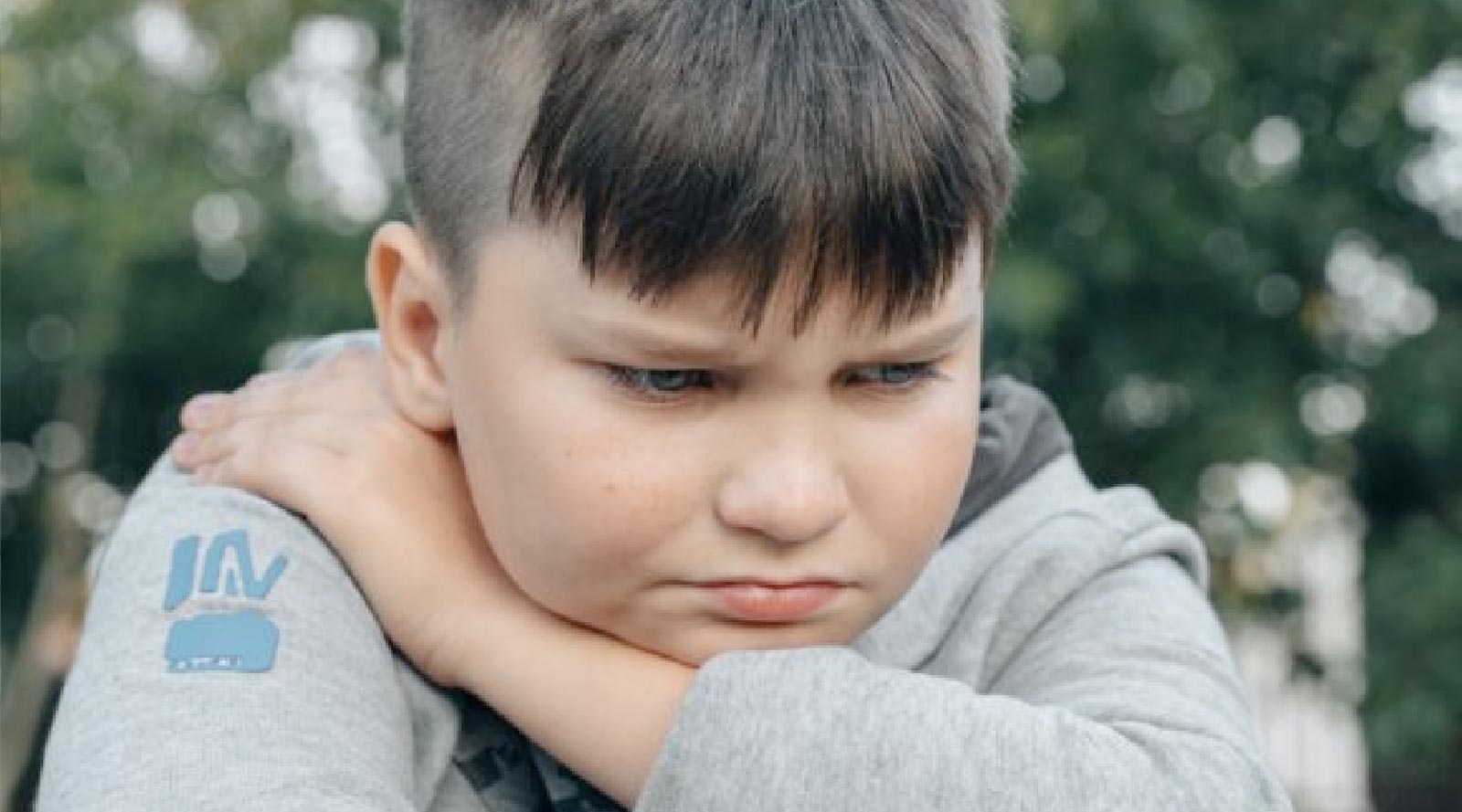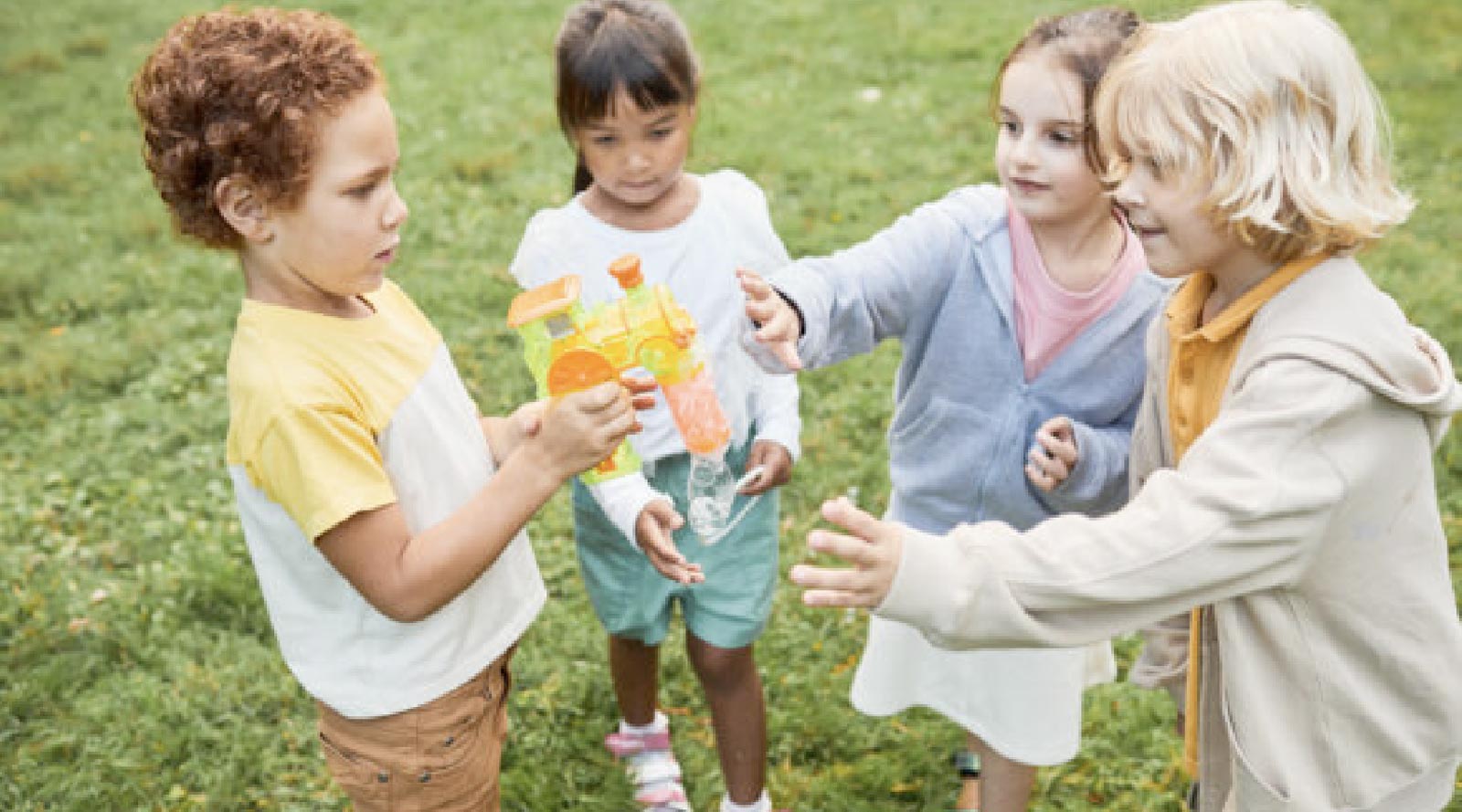The pain Bill and Opal felt on a regular basis did not seem normal. How could it be? Were you really supposed to feel like you wanted to hit your child in the head with a hammer? No other family they knew seemed to struggle this much. Their son seemed to be their shining star, but even he, on occasion, seemed to behave in ways that left them feeling completely overwhelmed. Such as when he got caught stealing from the local gas station, or for pulling his pants down and “mooning” the students in the cafeteria. The joy from the first moments of meeting were long gone, just fragmented memories of hope for the future. Mostly fantasies and fairy tales based on episodes from television and advertisements of families laughing and frolicking in the water during a summer vacation.
Bill and Opal were my parents and I can guarantee you, they did not sign up for what they ended up getting. Well actually they did…they signed the papers!
Just the very thought overwhelms a parent, “This was a mistake.” Shame, guilt, resentment, embarrassment, frustration, sadness, just a few of the emotions that course daily through the mind and body of the adoptive parent who feels at a loss for how to connect and understand their child.
How do parents and children end up trapped in a dynamic where jail oftentimes feels like a better option than the anxiety that occurs daily in response to their interactions? In this article I will explore a few areas where we send adoptive parents happily down a path with their adopted child which ends in many occasions walking blindly right off of a cliff. The purpose of this article is to express ideas that will generate thinking which may lead to discussions and new understandings.
Dreams, Fantasies, and Fairytales
From their very beginning potential adoptive parents are sold a bill of goods. Unintentionally social workers time and again paint a picture similar to the commercials that feature the singer Sarah Mclachlan and the broken down dogs, or the Feed the Children guy and his starving children of Africa. These poor, abandoned, little fallen angels from heaven just need a home. Praise God and do them and us a favor, take them home. They just need love and a home. First victim, the social workers who have been convinced that this is true. Most of them have never adopted much less fostered a child. On many occasions they don’t even have children of their own. Second victim, the lonely parents that believe this spiel. Out of their loneliness and search to find fulfillment, they are wide open for the delivery. Like a dad so desperate to buy a car for his family that he can’t see the large oil puddle sitting right underneath the car. Third victim, the child and the biological parents that give them up for adoption. Both lose a part of themselves forever.
Social Workers
Fear is a dominant, unconscious experience in our lives. It is alive and well at all levels of human engagement. The field of social work as it relates to adoption is no different. Social agencies are overwhelmed by the sheer number of children needing protection from abuse and neglect. This is probably the first place we mess up. We think we know better than others. Rather than supporting, educating, and training, we just take children away. We pass judgment, put the child in a surrogate home and then move on. The big fear involved here is, “If we don’t rescue this child something bad is going to happen and then I will feel pain”. Answer: Avoid the threat of pain and remove the child and place him in an environment where the threat of pain is less. If we consider the sheer cost of an overwhelmed foster care system which systematically creates more abuse and neglect of children than it does success then would it really cost that much more to place whole families in surrogate educational homes? Of course this question creates an opportunity for a philosophical debate which is not the purpose of this article.
The natural reaction to this systematic practice of child removal is to eventually end up responsible for more children with greater psychological, emotional, and spiritual issues than one person can possibly imagine much less actually provide care for. Foster parents are simply not trained well enough and in most occasions are not equipped to deal with the level of need of these children. Because of this disruption instances are frequent, perhaps more frequent than longevity of care. I would be curious to see the actual numbers. And then also abuse a natural occurrence because we are humans. We get frustrated. We feel despair and feel hopeless to help the child behave better. Of course these are all deeply personal reactions to behaviors demonstrated by children which ideally would not be taken personally, but again. We are human.
Adoptive Parents
And what of the adoptive parent who steps in to bring life sustaining love and affection for a child who comes from an environment of stress, depression, abandonment in the most romanticized view or worse prenatal neglect, ritualistic abuse and violence on the same continuum but at the other extreme? Therein lies the title of this article. This parent cannot possibly maintain sanity. Exposure to stress for extended periods of time is perhaps one of the simplest working definitions of trauma. A poorly equipped adoptive parent, who is actually completely unsuspecting of what’s to come, cannot do anything more than go into shock once the reality sets in that the angel you’ve brought home in many ways somewhat represents a devil. Yes a strong comparison and lest you think I am being extreme let’s look briefly at an adoption situation where on the surface it appears nothing could be further from the truth.
Joan watched somewhat helplessly as her adult daughter struggled on a near daily basis to connect with her adopted daughter. Joan’s daughter seemed to be doing fine with her adopted son, but she was really struggling to connect with the daughter. Her adult daughter, Rayne, would call her with frustration and desperation, “Mom she just won’t do what I ask her to do. It’s like she’s a little adult and wants to make her own decisions, and then she wants to make decisions for Ryan too. Just this morning she told me ‘No I want cereal and so does Ryan’, and then she commenced moving Ryan’s plate of waffles to the other side of the table and was actually going to try to make them cereal. It’s not cute anymore. She’s driving me crazy.” Yet again Joan listened, offered support and advice based on her thirty years of experience as a counselor.
One day Rayne showed up at Joan’s doorstep with the child and ultimatum, take her or she’s going back to foster care. Joan brought Cassy into her home and began preparing a home for her granddaughter, now daughter. She expected Rayne to be back in a week or so, but four years later Cassy and Joan were together except now Joan was experiencing the same hell Rayne had been living.
When Joan called me she was at her wits end. “I need help. I am desperate,” she stated. “Never in my life have I experienced anything like this. This child is the sweetest, quietest, most innocent looking child on the outside, but as soon as we are home or out of sight of others, she is another person. She has hit us, lies constantly, hoards food, is defiant at every turn, has the worst hygiene because she still wets the bed so she wears a pull up at night, then she doesn’t want to take it off in the morning, and the list just goes on and on. I feel like I am going absolutely insane trying to parent this child.”
Was this parent being overly dramatic? Sadly, no. It was a very real situation. In fact, on a near nightly basis they were engaging in a physical restraint over the child’s resistance to taking a bath or having her hair washed. This situation was very real and if you are an adoptive parent it probably strikes a similar cord within you.
The Adopted Child
Who does this all center around? Of course the child. The one person everyone else deems helpless in the scenario and that everyone wants to rescue. Also the one individual that is rarely if ever consulted about what she thinks is in her best interest, and if asked, is even more seldom listened to. The natural outcome? Everyone pays the price.
Since I have written extensively about the experience of trauma and stress on the developing brain of the child in my book From Fear to Love: Parenting difficult adopted children I will only give what I believe to be the most relevant insight for adults working with this child. There are only two primary emotions: Love and Fear. Where one exists the other does not. When a child has experienced trauma it creates an indelible fear imprint upon his brain that will influence her thinking, feelings, and behaviors for the remainder of her life. Simply, adoption creates stress sensitive and fear-full children. The experience is like a physical handicap without the wheelchair, autism without the obvious social impairments, a drunk man without the smell of alcohol on his breath. Adoption is a disabling event oftentimes with very few visible wounds. They are primarily neurologic, physiologic and emotional in nature. Non-visible to the human eye.
The adopted child is quite literally held hostage by her previous experiences which start in utero. Everyone around the child just wants to love and guide her but by very nature of her core experience these very acts are threatening to her internal system, in many instances triggering a life or death reaction.
I once worked with an overwhelmed adoptive family who was stuck in a nightly drama with their daughter. She was vehemently resistant to taking a shower. The dynamic had gone on now for years. It was essentially a conditioned battle, it starts to get dark and each fighter takes their corner and prepares for the match. Every single night for five years this struggle had been occurring and it had begun to create a defining dynamic for the rest of their day to day relationship. Having gone to therapists of all makes and breeds, the family still struggled.
The breakthrough for the mother occurred while hearing one of my lectures. She emailed me several weeks after the lecture and recanted the story:
“Every night in my home there is a fight when it comes to my daughter taking a shower. Since she was five years old we have had near nightly struggles with her around this area of her hygiene. A story you told during your lecture gave me an idea to try out your technique. That same night I went home and prior to going up to ask my daughter to take a shower I took several deep breaths and got myself calm. When I said to her it was time for her shower, sure enough, she became reactive, screaming, telling me she wasn’t going to, etc. Usual behavior, but this time, I was very calm. I said to her very clearly, ‘honey if you need anything I’ll be right there.’ She actually went and got in the shower. I was a bit dumbstruck. Once she got in the shower she began calling me like she usually does, ‘Mom the water is too cold or it’s too hot,’ ‘Mom I dropped my towel’, ‘Mom I dropped the soap’, ‘Mom, mom, mom’, it goes on and on, but this time I did something different. When she called me I went into the bathroom, got what she needed and I said, ‘honey I’m not going anywhere. If you need something I’ll be right here,’ and I sat myself right there on the toilet. Frankly it was the most amazing thing I’ve ever witnessed. She completed her shower without any further incident. I was still in shock when I asked her to come sit beside me on the bed. Now here I am sitting with my nine year old daughter on the bed, she still had the towel wrapped around her and I said, ‘honey that was the best shower we have had in nearly five years. Honey, what scares you so much about taking a shower?’ My sweet nine year old daughter looked up at me and in the most sincere way said, ‘well mom the guy that molested me used to make me take a shower with him!’ Learning about molestation was not new. In fact, it was the reason we had been to so many therapists and counselors, but what was new was that in nearly five years I had not once asked my daughter ‘what about the shower scares you so much!’ I immediately replied to her, ‘honey you don’t have to take a shower, you can take a bath.’ And that was the end of our shower struggles.”
Six months later that same mom emailed me to tell me that her daughter was in and out of the bath now without so much as a peep. That same nine year old is no longer nine, she is now 21 years old and is finishing college.
I’ve been doing this work now for fifteen years. It doesn’t sound like a long time until you add the depth of pain I’ve experienced with the countless families I have served. Fear knows no limits. It grows and grows until we can no longer recognize it. Love seems to disappear. If anything I’ve written here strikes a chord with you I want to encourage you not to give up. Love is still present, it’s just waiting for you to recognize fear for fear. When it comes to adopted children we can all do much better. You are not alone. There is hope, there is help.
Bryan Post, an adopted and former foster child, is one of America’s Foremost Child Behavior and Adoption Experts and founder of www.PostInstitute.com The love-based, family-centered principles and concepts offered by Bryan have been taught to more than one million parents and professionals around the world. You can receive a free copy of his best-selling adoption parenting book From Fear to Love by going to https:///www.feartolovebook.com Currently Bryan serves as Clinical Director for Parents in Training, a 501 (c) 3 non-profit, providing wraparound services to adoptive families throughout Northern California. To learn more visit www.theleafcompany.com




